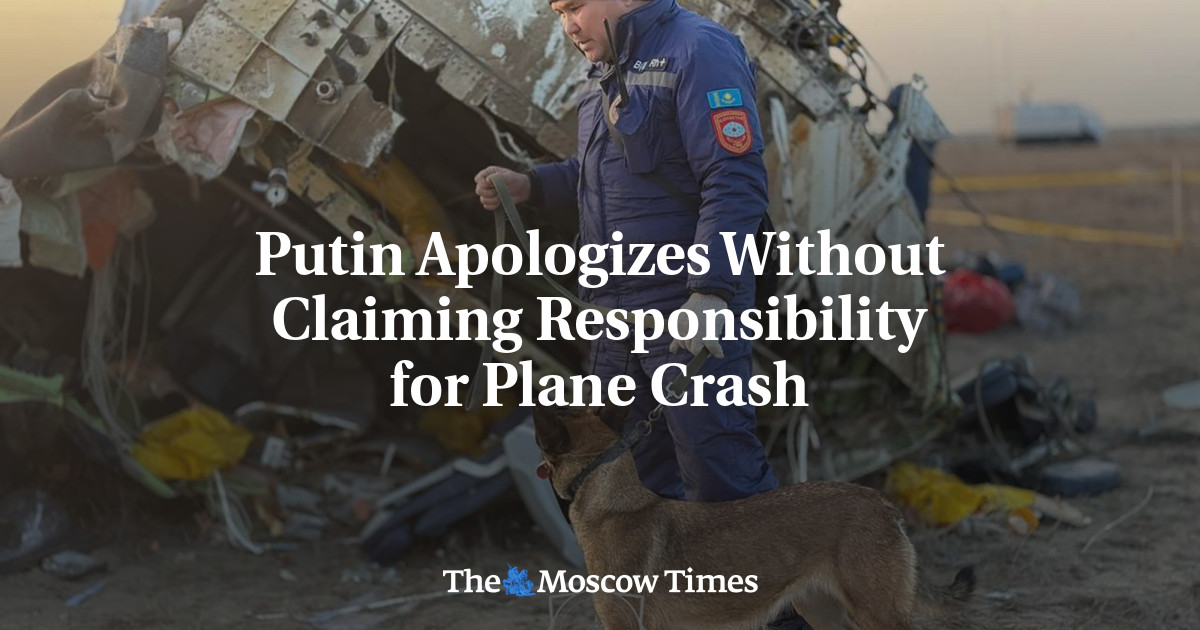Russia plans to cut funding for several state environmental programs in its 2024 budget, the Vedomosti business daily has reported.
According to the draft federal budget for 2024-2026, the Clean Air Federal Project, which aims to reduce air pollution in dozens of industrial cities, will see its funding nearly halved, with cuts of 6 billion rubles ($62 million), Vedomosti reported.
The Clean Country Federal Project, which aims to eliminate toxic waste sites, will see funding reduced by almost 30%. Other programs will see more modest reductions, such as a 12% budget cut for the Rejuvenation of the Volga Federal Project.
As Russia hikes its budgetary allocations for the military and “patriotic education,” the environmental belt-tightening has raised concerns given its potential impact on the already troubling ecological situation in many Russian cities.
“With such reduced funding, one wonders how the goals set by the president to reduce air pollution levels will be achieved?” Dmitri Kobylkin, the chairman of the State Duma's Environmental Committee, told his colleagues, according to Vedomosti.
A press representative from Russia's Natural Resources Ministry told Vedomosti that the ministry's assessments found no risk of the Clean Air Project missing its targets.
The representative said that the program's implementation is ahead of schedule, with the cumulative volume of toxic pollutants already reduced by 11% compared to its goal of 8%. Moreover, the project's expenditures will be increased in 2025 and 2026.
The Clean Air project includes positive aspects, such as the establishment of more than 100 new air quality monitoring stations in the country and the fact that a significant portion of its planned activities will genuinely lead to a reduction in air pollutant emissions, veteran environmental expert Ivan Blokov told The Moscow Times.
At the same time, the project remains problematic in other areas, such as the lack of separate targets for different air pollutants.
“The project itself is formulated quite strangely since it aims for a gross reduction in the mass of emitted substances as a whole,” Blokov said. “This does not allow one to assess how much less harmful the state of the environment has become for people living in the city, as 1 kilogram of emitted dioxins can be comparable in its negative impact [on human health] to 1 billion kilograms of nitrogen dioxide.”
Blokov noted that the accuracy of the 11% emissions reduction claimed by the Natural Resources Ministry is tricky, as it depends on the base year used for comparison. If weighed against 2018 levels, emissions into the atmosphere actually rose in 2022, according to state statistics agency Rosstat.
“In Chelyabinsk and Magnitogorsk, one of the most polluted cities in the country, things have slightly worsened: for one or two substances, concentrations of pollutants in the air have increased, while the others have not changed significantly,” Blokov said.
“The reduction of [financial] resources ... will undoubtedly lead to a deterioration and a decrease in the number of activities that will be implemented under this project. But I seriously doubt whether this will significantly impact the environment,” he concluded.
The Clean Air Federal Project aims to reduce emissions of air pollutants by at least 20% by 2024 in 12 major Russian industrial centers, including Krasnoyarsk, Magnitogorsk, Novokuznetsk, Norilsk, and Chelyabinsk.
Starting in September this year, the program also covers an additional 29 cities with high levels of air pollution, with the goal of slashing emissions of hazardous substances in those cities by half by 2030.
 (1).png)
 1 year ago
18
1 year ago
18













